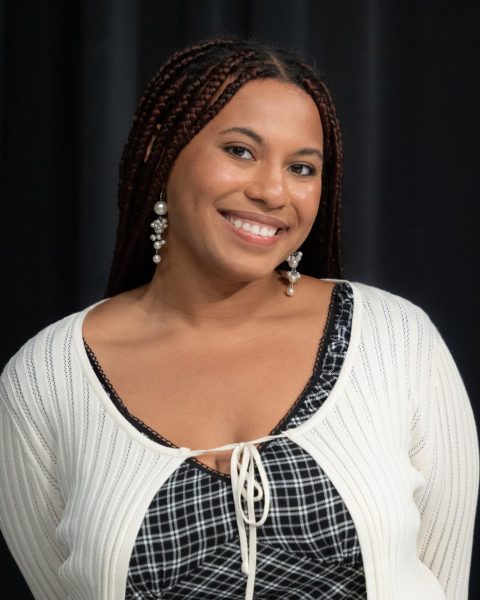“The stigma surrounding natural Black hair has a long history, much of it rooted in U.S. slavery and Eurocentrism. Hair has always been an important part of Black women’s identity. We know from past research and accounts that African women embraced and wore their natural hair and hairstyles proudly,” Stephanie Dhuman, a professor of Sociology, said.
The unique struggles of African-Americans have been present in American culture since the inception of slavery. From police brutality, to mass incarceration of black men and the high rates of mortality for Black infants and mothers, there are many issues that stem from it. Hair elitism, and its consequences, are one of those issues.
This phenomenon has been studied and debated for many years, its roots coming from a place of perceived unprofessionalism.
Many campuses have organizations and clubs to try to end the stigma around African-American Black hairstyles, but students and faculty can help combat this specific type of discrimination.
“There have been recent studies done that show these ideas are still very prevalent in professional settings today. It speaks directly to perception and acceptability in American society. There is certainly nothing wrong with choosing to straighten your hair, but when hair texture is stigmatized as ‘unprofessional’ or used to determine someone’s value or worth, that’s discrimination,” Dhuman said.
However, some students on campus find solace in their natural hair and the autonomy it gives them.
“I think that natural hair on campus is something so unique, due to its uncommonness of it. It makes us stand out, feel special, and be different. Also, I take it as a representation of who I am, I feel like it symbolizes my culture and heritage,” Khadija Almaawali, a first-year student in the College of Communications, said.
Other students find it very easy to see a difference in people’s attitudes depending on what kind of hair they wear.
“I do notice a slight difference in how people approach me when I style myself up. When I didn’t wear my hair in locs, I never really got compliments on my hair,” Deziray Moore, a senior student in the College of Arts & Sciences, said.
Dhuman clarifies that this phenomenon can be acknowledged, understood, and overcome.
“I know for some people reading this, and when I say it in class, it might seem obvious. But I don’t think it’s stated openly enough, and it should be. We should be taking steps like this initiative to make it known that we appreciate and value each other for who we are,” Dhuman said.
More importantly, more steps can be taken to help combat this phenomenon.
“Conversations like this are a really important start. I think as a society we have to come to a collective understanding that presentation of self (whether that be the way we wear our hair or something else) does not change the value of what we have to say, our ideas, or our knowledge,” Dhuman said.
Some of the people affected by the culture around natural Black hair also feel the information is important.
“I think it would be helpful to have some type of seminar so people can be aware of how Black hair works. I think it would be very beneficial because a lot of people ask me if they can touch my hair or tell me how long it must take me and when it comes to hair a lot of people have boundaries,” Moore said.
This story was written by Clara Lebron. She can be reached at clara.lebron@marquette.edu



